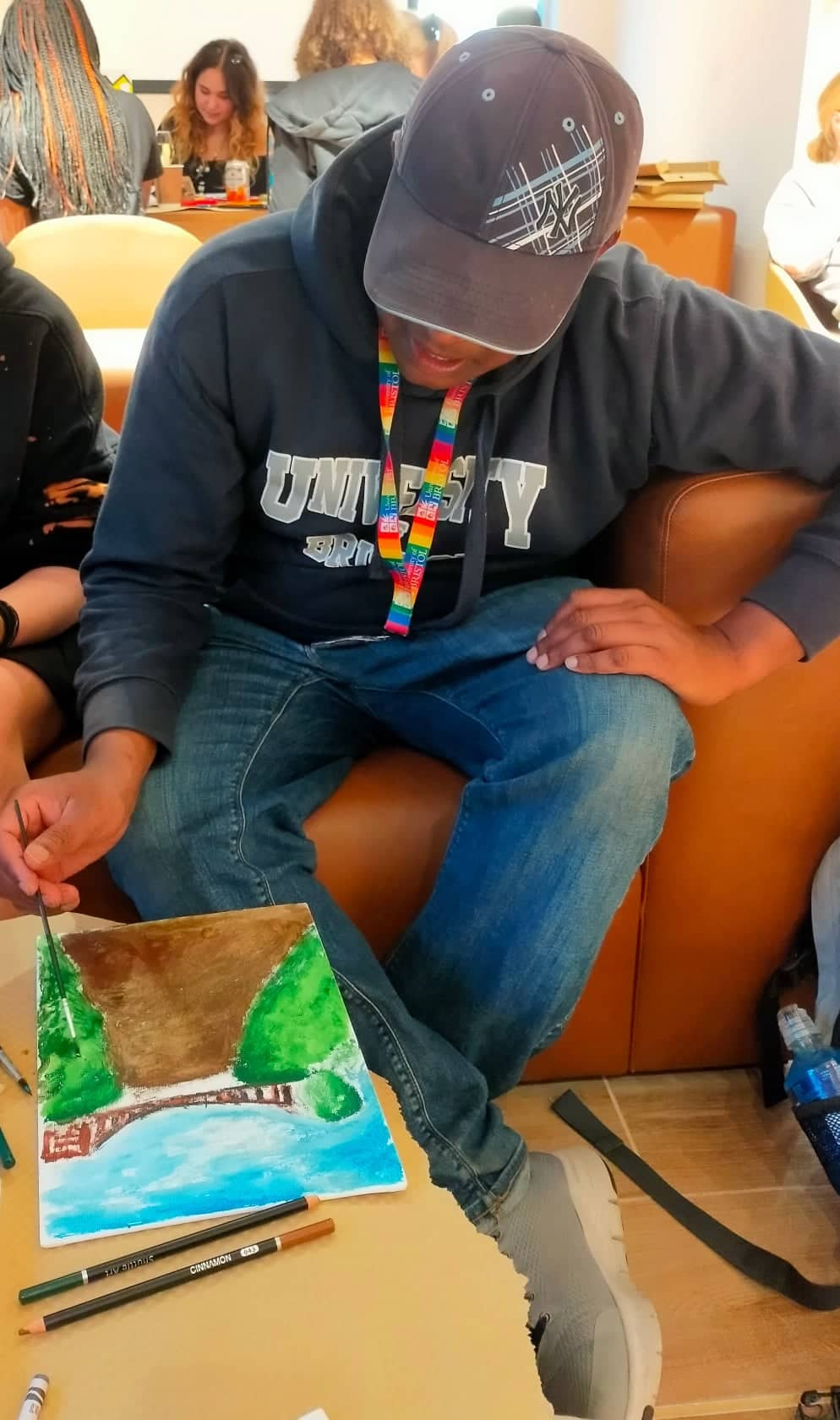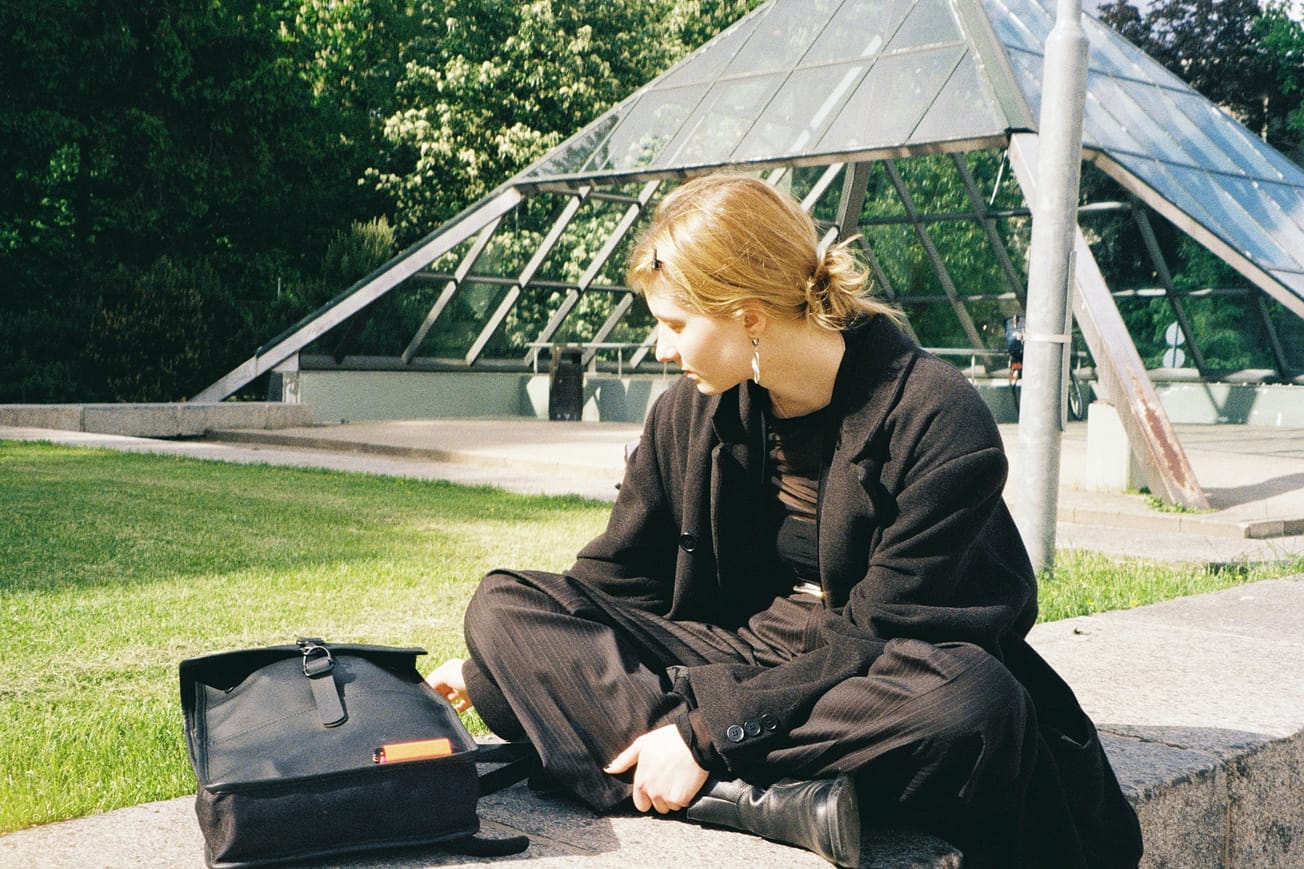By Milan Perera, Second Year, English
The Croft Magazine // Seasonal depression is something many of us struggle with, but hardly talk about. As the nights grow colder, and darker, how can we find new ways to improve our mood?
As I see the first daffodils in April coincided with the clock change, I feel renewed and rejuvenated and the winter blues dissipated with the spring sun burning bright. For me, English summer is synonymous with the game of cricket of which I am a keen “devotee.”. The sun, the grass, the game itself are a huge source of happiness to me and something I really miss in the colder months.
Then autumn arrives. With its piercing cold winds, darker days, it can feel really isolating. To borrow the words of Bernie Taupin, I begin to feel like “a cloud across the sun.” This became a recurring pattern, and I only came to know what all this meant as I accidentally came across a helpline for “SAD” on the NHS website.

Seasonal Affective Disorder, or “SAD” is not a fully understood condition. Often nicknamed simply as “winter depression”: as the moods and symptoms are at their worst in winter but experiences a significant improvement in summer. According to the NHS, SAD is often linked with the lack of exposure to sunlight during the shorter autumn and winter days. The main theory is that the lack of sunlight affects the functionality of part of the brain which is responsible for the production of serotonin (feeling “happy”) and circadian rhythm of the body (sleep patterns.) Of course, many sales companies have recognised this “winter depression” and have tried to help, (or profit from it).
There are many “Light Therapy” lamps to choose from. However, they have had varying success and there is a lack of true research into whether they help. Something else that is recommended is light exercise, such as an afternoon walk. It increases the circulation to the brain and helps to lower the stress levels. To try and help myself, I incorporated walking into my routine as much as possible while cutting down the bus rides and taxi journeys if I can help it. It isn’t an automatic fix, but it does helps me to feel more refreshed.
Another remedy one can incorporate to an otherwise busy schedule is life drawing. The university Art Society has been an excellent port of call where they organise two life drawing sessions and a mid-week “drink and draw” as well. Despite my lacking artistic talents, I found I really enjoyed the sessions and often left in a really good mood. Art therapy has been in use in strict methodical therapeutic context and free-reign informal context where both approaches are proven to reduce depression and anxiety. A huge cause of my feelings in winter is my loss of my favourite hobby and seeing my team regularly. My taking on a new hobby, especially one that isn’t weather dependant, really helped me. As I took part in Life Drawing sessions week after week, my anxieties lowered and as a by-product my drawing abilities improved, and I felt really proud of myself for trying something new.

If you have been playing an instrument in your school days and gave it up as the studies got in the way, these long winter nights are the perfect opportunity to dust off those acoustic guitars. I picked up the piano again and began to play no more than 20 minutes. It doesn’t take much of your time, but the benefits are great. Personally speaking, it helped me to relax more and put away the negative thoughts, even temporarily. Practicing an instrument boosts your self-esteem enormously and break the shackles of winter blues.
The reality of winter depression at university
Getting over the Christmas blues
With something like “SAD” it can feel like you aren’t taken seriously, but it is a very real mental illness. When the nights are dark, and you’re spending more time alone, it is key to remember that so many of us are feeling the same way. There is nothing wrong with you, and you shouldn’t feel guilty for struggling. If it does get hard, and the thoughts just don’t seem to be going away, it is important that you allow yourself to ask for help if you need. Seasonal depression is a very real mental illness, and its time we start treating it that way.
Featured Image: unsplash / Oli Woodman
How have you found the winter months? Let us know!









